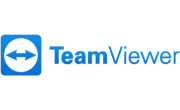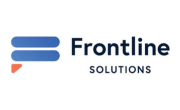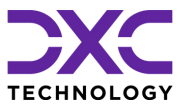Together, we fuel innovation and set standards
for the digital Experience Economy
Our mission is to improve IT's impact on people and their business, and accelerate the XLA movement worldwide.
Premium Members





The XLA Institute is an open platform that enables front-runner organizations in the emerging field of Experience Management (XM). It is driven by organizations that care about the impact of their digital services on their customers and end users. The membership is open to end user organizations and their partners and providers, and other parties in the Experience Management ecosystem. Together, we develop and promote the effective adoption of principles and practices related to XM, XLA, and the ongoing development of the XLA Framework.
Daily Practice
Experience
Management
and XLA
The Xperience Level Agreement (XLA) complements the traditional IT Service Level Agreement (SLA). Where SLAs control technology output, XLAs measure user experience. Where SLAs are about numbers, people are about feelings, emotions and perceptions. XLA shifts the focus from technology to people. Understanding the human experience in IT will help us create greater value for customers.
With Experience Management (XM), we strive to improve user experience and business impact through collaboration. It is through collaboration that the XLA Institute aims to accelerate the XLA movement – worldwide.
Our Vision
Tech behaves as a likeable person: empathic, respectful, and giving.
About us
The XLA Institute
The XLA Institute combines the emerging field of Experience Management and XLA as a set of practices for tech-driven organizations and ecosystems.
The XLA Institute helps organizations perform at the top of their game by working with the Xperience Level Agreement (XLA) framework and good practices. The XLA Institute has founding members, members, and associates.
Our purpose is to foster the further development of Experience Management (XM) for digital and information technology, and adoption by end-user organizations. The scope includes frameworks, software tools, education and certification.











